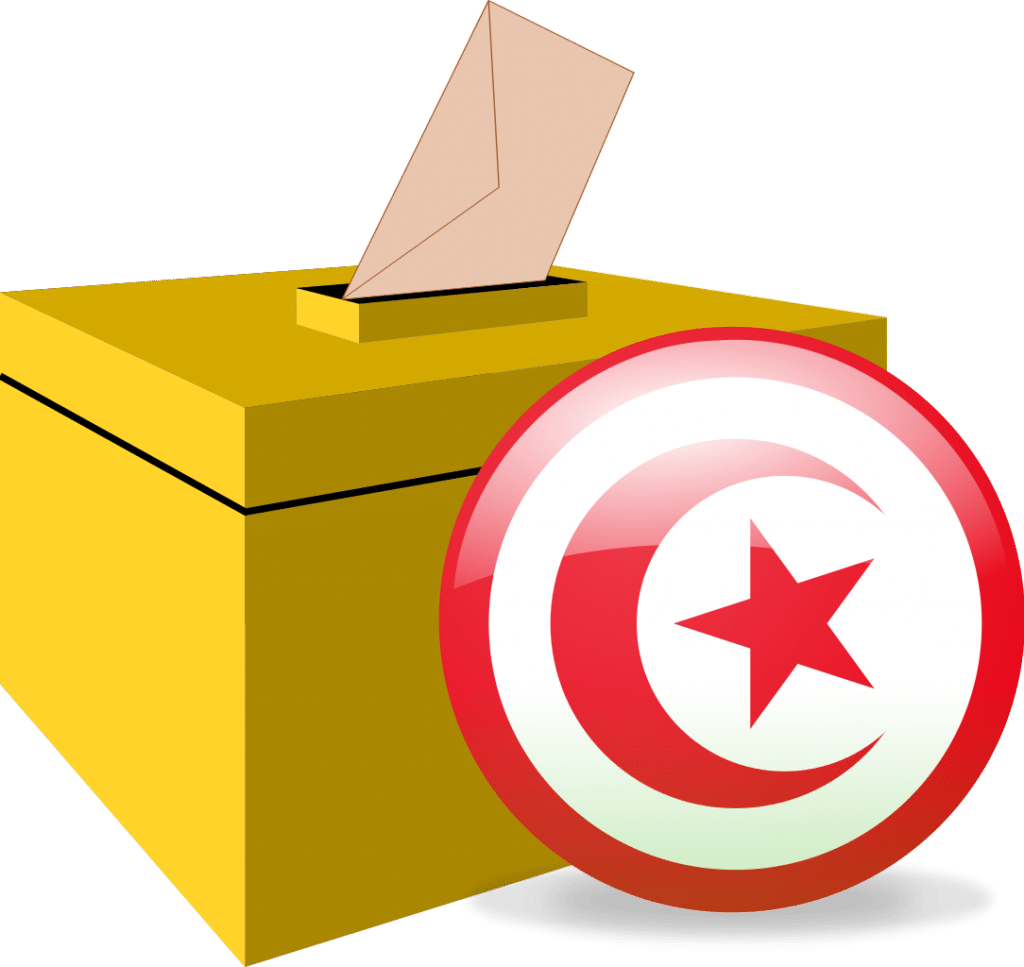After the preliminary results of Tunisia's presidential elections started trickling in on 15 September, a shock wave went through the political elite that has ruled the country for the past few years. Two anti-establishment candidates, Kaïs Saïed and Nabil Karoui, received the most votes with 18.4% and 15.58% respectively. As a result, a second round, on 13 October at the latest, is needed to determine a final winner. The result appears to be not just a defeat for the ruling parties, but a rejection of the entire political structure by the disgruntled population, which has been plagued by economic stagnation and corruption.
The two candidates
Professor of law Saïed is mostly popular among young people, and has recently gained support from several political parties including the influential Ennahdha party. He favours more direct democracy and decentralisation of power to local governments. His rival is Karoui, best known as the owner of Nessma TV, a major player in the media landscape. He is referred to by his opponents as the 'Berlusconi of Tunisia'. Karoui's political beliefs remain vague and he is mostly considered a populist. The only theme on which he profiles is poverty, especially in rural border areas. The country's most popular soap operas, broadcast on Nessma TV, are interspersed with campaign films portraying Karoui as the great do-gooder. Interestingly, Karoui has been jailed for some time over allegations of tax evasion and money laundering. In the event of a victory, he will be released due to presidential immunity, after which he can run for office. Nevertheless, Saïed is expected to win a large majority of votes. Not only because of his wide reach through social media channels, but also because most parties prefer him to Karoui, whom they detest and consider 'mafiosi'.
Parliamentary elections
Before the second round is due to take place, Tunisia will hold parliamentary elections on 6 October. In advance, Karoui's Qalb party and the Islamist Ennahdha party appear to be the strongest. Meanwhile, the old (secular) elite is seeking rapprochement to form a bloc; Prime Minister Chahed, for instance, has already hinted at working with former defence minister Zbidi. These elections will also be marked by a lack of trust in the current party system, resulting in the emergence of new, relatively small, parties. It is questionable at all whether many voters will see fit to vote. Turnout in the presidential election was already significantly lower than five years ago and it is expected that less than half of eligible voters will also make the trip to the polls on 6 October.
Future
It is difficult to predict the upcoming elections, but Tunisia could well have a very fragmented party system after 13 October. Headed by a conservative president seeking decentralisation. This will make for slow decision-making and difficult relations between parliament and the president. In addition, parliament must form a coalition within five months to avoid new elections, probably a tall order after the 6 October elections. In short, October will be a crucial month for Tunisia. It looks set to be a victory for anti-establishment candidates and parties. But whether these can actually move Tunisia forward is highly doubtful.
Image: Wikipedia




